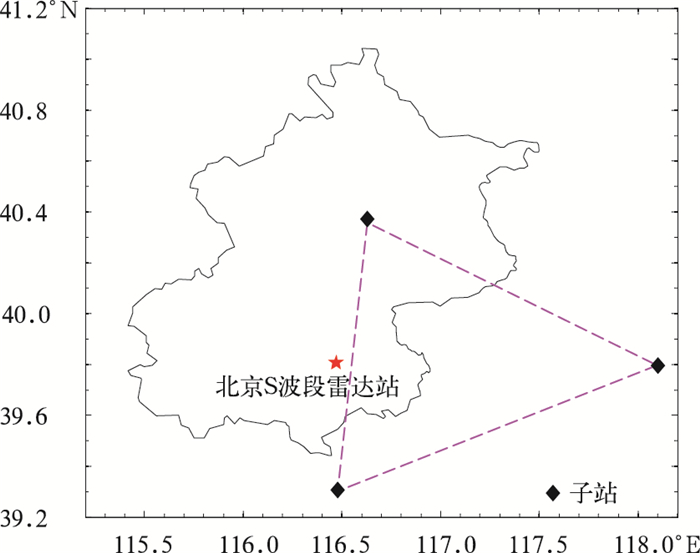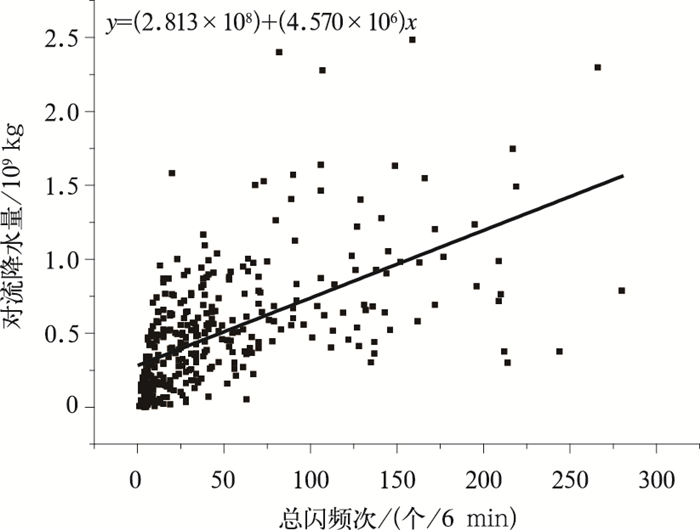|
[1]
|
|
|
[2]
|
Soriano L R, Pablo F D.Analysis of convective precipitation in the western Mediterranean Sea through the use of cloud-to-ground lightning. Atmos Res, 2003, 66:189-202. doi: 10.1016/S0169-8095(02)00160-6 |
|
[3]
|
Alexander G D, Weinman J A, Karyampudi V M, et al.The effect of assimilating rain rates derived from satellites and lightning on forecasts of the 1993 superstorm. Mon Wea Rev, 1999, 127:1433-1457. doi: 10.1175/1520-0493(1999)127<1433:TEOARR>2.0.CO;2 |
|
[4]
|
|
|
[5]
|
Pineda N, Rigo T, Bech J, et al.Lightning and precipitation relationship in summer thunderstorms:Case studies in the North Western Mediterranean region. Atmos Res, 2007, 85:159-170. doi: 10.1016/j.atmosres.2006.12.004 |
|
[6]
|
Petersen W A, Rutledge S A.On the relationship between cloud-to-ground lightning and convective rainfall. J Geophys Res, 1998, 103(12):14025-14040. doi: 10.1029/97JD02064/references |
|
[7]
|
|
|
[8]
|
|
|
[9]
|
|
|
[10]
|
|
|
[11]
|
Chang D E, Weinman J A, Morales C A, et al.The effect of space borne microwave and ground-based continuous lightning measurements on forecasts of the 1998 Groundhog Day storm. Mon Wea Rev, 2001, 129:1809-1833. doi: 10.1175/1520-0493(2001)129<1809:TEOSMA>2.0.CO;2 |
|
[12]
|
|
|
[13]
|
|
|
[14]
|
|
|
[15]
|
Kenneth L C, Martin J M, Edward A B, et al.A combined TOA/MDF technology upgrade of the US National Lightning Detection Network. J Geophys Res, 1998, 103:9035-9044. doi: 10.1029/98JD00153 |
|
[16]
|
|
|
[17]
|
Steiner M, Houze R A, Yuter S E.Climatological characterization of three-dimensional storm structure from operational radar and rain gauge data. J Applied Meteor, 1995, 34:1978-2007. doi: 10.1175/1520-0450(1995)034<1978:CCOTDS>2.0.CO;2 |
|
[18]
|
|
|
[19]
|
|
|
[20]
|
|
|
[21]
|
|
|
[22]
|
|
|
[23]
|
|
|
[24]
|
Buechler D E, Wright P D, Goodman S J.Lightning/Rainfall Relationships during COHMEX.Preprints, 16th Conf on Severe Local Storms, Amer Meteor Soc, 1990:710-714. http://core.ac.uk/display/10425264 |
|
[25]
|
|





 DownLoad:
DownLoad:

